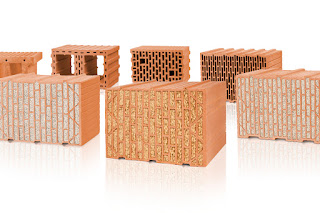High performance insulation materials are measured according to their specific R-value. The higher the R-value is, the more effective the insulation's insulation properties are. The higher the R-value is, the more effective the insulation's properties are. Thus, STS-rated materials are supposed to be less effective than HTS-rated materials. In fact, STS-rated materials are more effective than R-rated materials, which is what makes the STS-rating process so controversial. Materials with excellent R values, which means that they have high thermal resistance, are what is being targeted in High-Performance Insulation Materials.
As mentioned earlier, STS-rated insulating materials are not as effective at insulating heat as STS-certified products. Another misconception regarding STS-rated products is that they cost more than R Rated products. This is untrue. Actually, the price of STS-certified materials is close to that of unrated products. The main reason why STS-certified products cost less is as the manufacturers of STS-certified materials do not need to pay the same certification fees as R Rated manufacturers.
Lastly, many people are unaware that a low R-rating is better than no rating at all. Many people wrongly assume that if a material has a low R-rating, it will not be able to keep insulating materials from moving in and out of the space where it is installed. However, STS-certified materials are extremely durable and as they have a high R-value, they do not need to move to keep the air inside the space warm or cool. Other benefits of STS-certified high performance insulation materials are that they can be installed with ease by DIY'ers and that they are fire-resistant.
Recently, in September 2020, BASF SE launched the new generation of high-performance insulation material SLENTEX for the use of an eco-friendly cold chain platform.




No comments:
Post a Comment